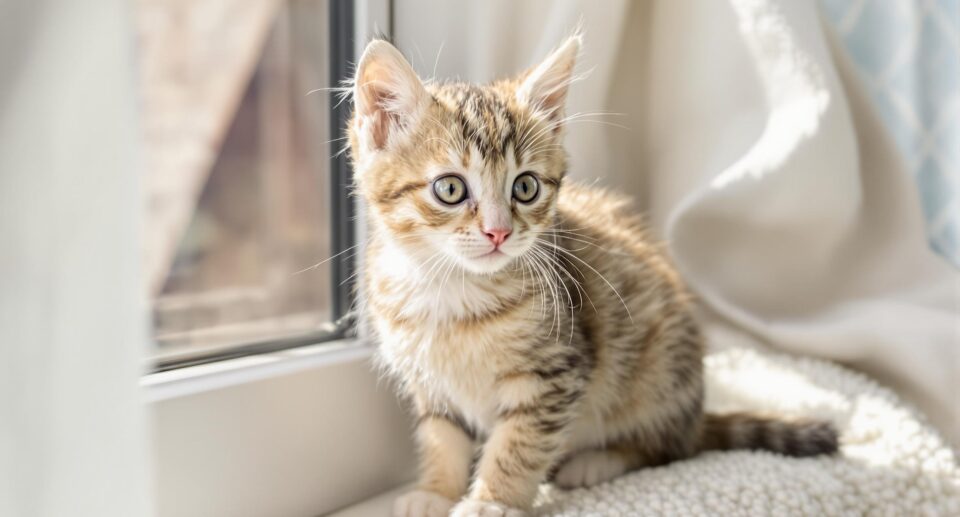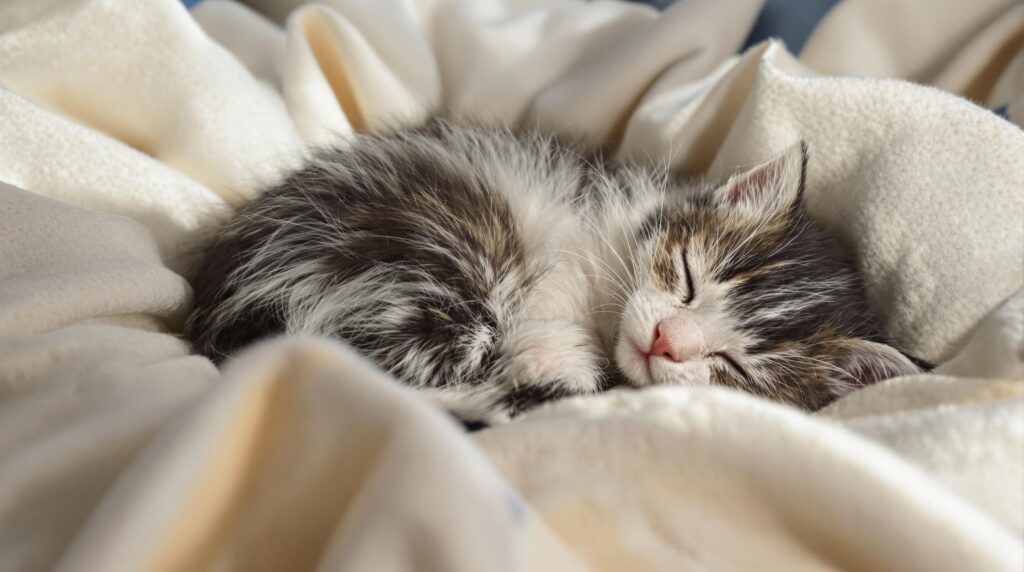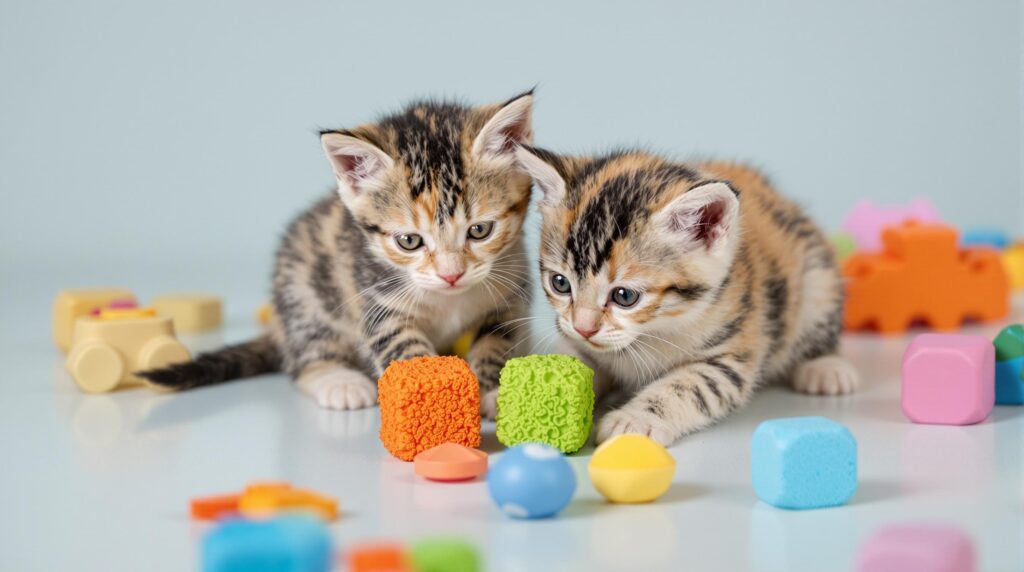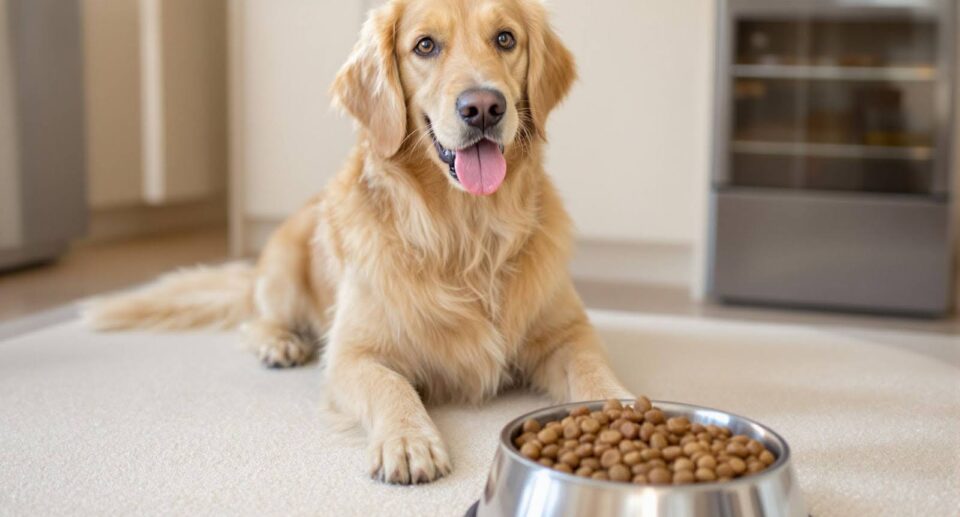Caring for Kittens 5 Weeks Old: A Practical Guide

Key takeaways:
- At five weeks old, kittens start becoming more independent by using the litter box and beginning to eat solid food.
- A safe and supportive space with the right feeding schedule, toys, and gentle social interaction is important for healthy development.
- Keeping an eye on their health and starting positive routines early helps set the stage for a lifetime of good habits and strong social skills.
At around five weeks old, kittens start taking their first real steps toward independence. This stage is filled with important milestones—like learning to use the litter box, becoming more curious about their surroundings, and starting to show interest in solid food. It’s also when their playful energy really begins to shine, making it a great time to introduce routines for feeding, grooming, and gentle socialization.
To support your kitten’s development at this stage, it’s important to adjust their care to match their growing needs. From nutrition to behavior, everything is rapidly evolving. Working closely with your veterinarian ensures your kitten is on track with weight, diet, and early health checks. For trusted, easy-to-follow guidance on feeding, litter training, and social development, PetHealthMD offers helpful week-by-week resources designed with new pet parents in mind. Let’s explore what five-week-old kittens need in terms of food, play, and vet care to stay happy and healthy.

Understanding 5-Week-Old Kitten Development
By the time a kitten reaches five weeks old, they’re starting to look and act a little more like a tiny version of an adult cat. Their coordination is improving, they’re more curious, and their playful side really begins to emerge. At this stage, kittens are usually walking more steadily, exploring their surroundings, and becoming more interested in people, toys, and litter box training.
It’s also the time when their nutritional needs start to shift. While they may still nurse occasionally, many kittens begin tasting soft, moistened kitten food and drinking water on their own. This period of growth and exploration is a great opportunity to introduce healthy habits and gentle socialization that will serve them well as they continue to grow.
Working with your veterinarian during this stage can help you make sure your kitten is developing on track. From weight checks to early vaccinations, routine health care now lays the foundation for lifelong health.
Quick Feeding Guide for 5-Week-Old Kittens
At five weeks old, your kitten is growing fast and needs frequent, balanced meals to stay healthy and strong. This is a key time to introduce solid foods while still supporting their transition from formula. Here’s a simple guide to help you create a feeding routine that works for both of you:
- Offer 4 to 6 small meals per day – Spread meals out every 3 to 4 hours during the day while your kitten is most active.
- Serve food at room temperature – This helps improve the smell and taste, making it more appealing to your kitten.
- Keep an eye on mealtime – Watch them eat to ensure they’re chewing properly and not having trouble with the texture or consistency.
- Mix wet and dry kitten food – Follow basic nutrition guidelines by offering 2 to 3 tablespoons of wet food per meal, plus a small handful of moistened dry kitten food for texture variety.
Transition gradually from milk to solid food:
Days 1–3: 75% formula, 25% solid food
Days 4–5: 50% formula, 50% solid food
Days 6–7: 25% formula, 75% solid food
Create a comfortable feeding area – Use shallow, wide bowls to make food easy to access. Keep water in a separate bowl and place everything away from litter boxes and sleeping spots.
Monitor growth and interest in food – Keep track of steady weight gain and increased curiosity about food. If your kitten isn’t showing interest or stops eating, contact your vet.
Explore cat food options to support your kitten’s growing needs.

Key Socialization Tips for 5-Week-Old Kittens
Between 4 and 17 weeks of age, kittens go through a key developmental phase that shapes how they interact with people, other animals, and the world around them. For your five-week-old kitten, this is the ideal time to create positive experiences that build trust, curiosity, and confidence.
- Practice gentle handling – Support your kitten’s chest with one hand while cradling their back feet with the other. Speak to them in a calm, soothing voice so they associate your touch and tone with safety and comfort.
- Create an enriching space – Offer a variety of textures and objects to explore, such as sisal scratchers, soft bedding, and climbing platforms. Rotate new items regularly to keep things interesting.
- Supervise exploration and encourage play – Stay close while your kitten explores. Use interactive toys like feather wands and puzzle feeders for mental stimulation.
- Watch for signs they need a break – When your kitten slows down or loses interest in play, let them rest undisturbed.
- Introduce new people and pets slowly – Keep introductions calm and positive, allowing your kitten to approach at their own pace.
For safe, vet-approved play options, check out cat toys and enrichment products that support healthy development.
Frequently Asked Questions About Kitten Care
When should I schedule my kitten’s vaccinations?
Most vaccinations start between 6 and 8 weeks of age. During this visit, your vet will also go over your kitten’s diet, growth progress, and answer any questions you have.
What signs tell me my kitten needs medical attention?
A healthy kitten is curious, playful, and eats regularly. If your kitten seems unusually tired, stops eating, sneezes often, or has trouble breathing, it’s time to check in with your vet.
How do I protect my kitten from fleas and other parasites?
During grooming, check for signs like scratching, flea dirt, or visible fleas. Because 5-week-old kittens are delicate, ask your vet about safe, age-appropriate treatments before using any over-the-counter products.
Learn more about flea and tick prevention for cats.
Helping Your Kitten Grow Up Happy and Healthy
Establishing a daily routine is one of the best ways to support your kitten’s growth. From scheduled feedings to playtime and winding down at night, consistency helps them feel secure. As your kitten develops, these routines will naturally evolve, supporting both their physical health and emotional well-being.
Regular checkups with your veterinarian—along with your care at home—create the perfect balance of expert guidance and everyday support. Staying on top of things like vaccinations, nutrition, and behavior early on helps lay the groundwork for a healthy, confident adult cat.
For everything from food and flea prevention to litter and toys, explore cat supplies at PetMeds to help your kitten grow up healthy and happy.





